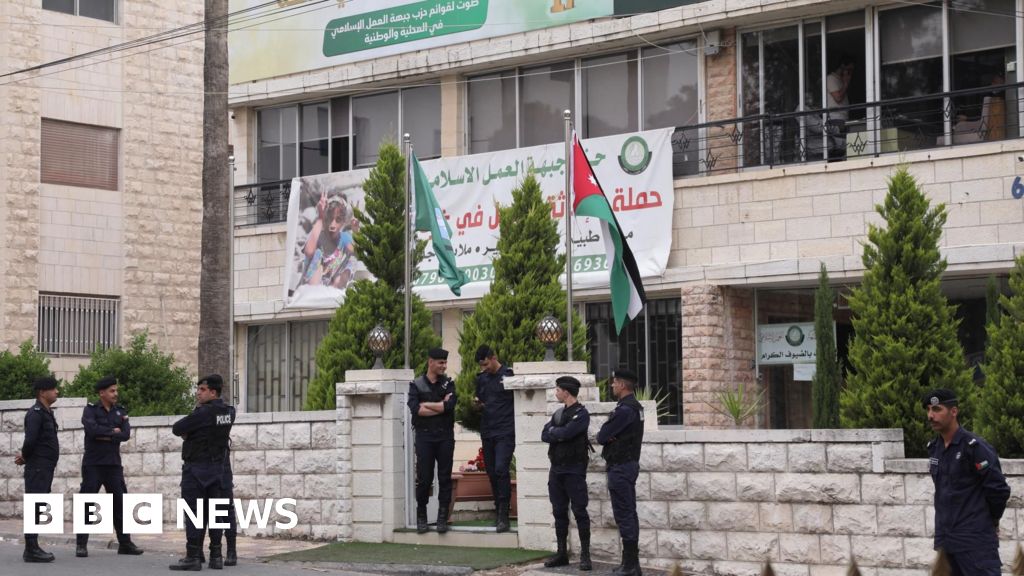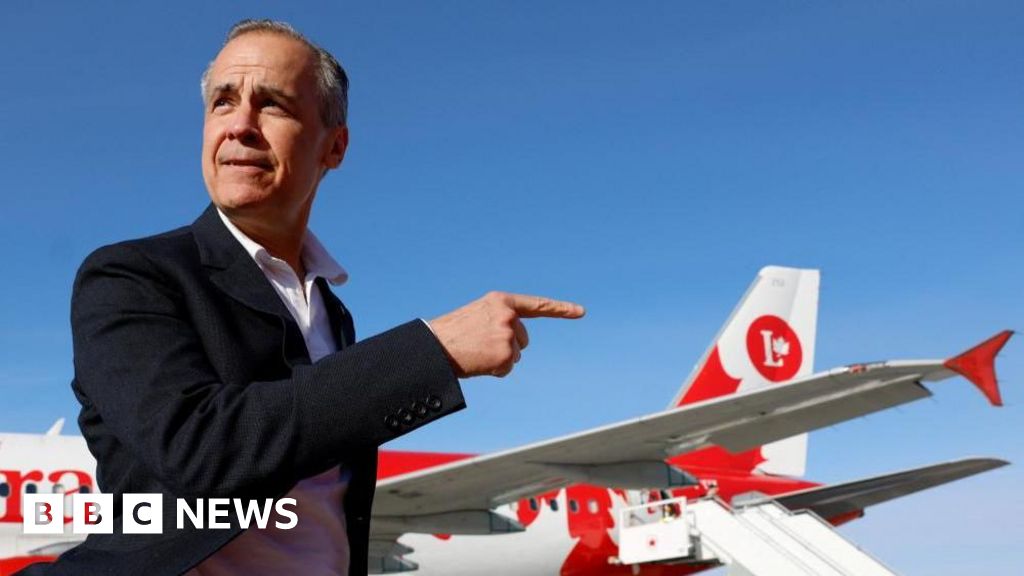Jordan Bans Muslim Brotherhood Following Arrests Linked to Attack Plots

In a decisive move that has drawn significant attention both domestically and internationally, the Jordanian government has officially banned the Muslim Brotherhood, a prominent Islamist organization, just one week after announcing the arrest of several of its members on suspicions of plotting rocket and drone attacks. This announcement was made by Interior Minister Mazen al-Faraya during a press conference held on Wednesday, where he outlined the severe measures that the government plans to implement against the group.
According to Minister al-Faraya, the ban entails the immediate closure of all offices affiliated with the Muslim Brotherhood, alongside the confiscation of its assets. He emphasized that any activities related to the Brotherhood would now be deemed illegal, asserting that the government is taking a firm stance against what it perceives as threats to national security.
The Muslim Brotherhood, which has a significant historical presence in Jordan, did not provide an immediate response to the government's ban. However, the organization vehemently denied any connections to the alleged attack plots that led to these arrests, insisting on its commitment to peaceful political engagement.
One of the key concerns surrounding this ban is how it will impact the groups political arm, the Islamic Action Front (IAF), which is recognized as the largest opposition group within the Jordanian parliament. Following the announcement of the ban, police forces conducted raids on the IAFs headquarters, intensifying anxieties about the future of political dissent in the country.
Wael Saqqa, the Secretary General of the IAF, took to social media and various news outlets to assert the independent status of the party. He stated, We have no relationship with any other organizational body, and reinforced the IAF's commitment to order, legality, and constitutional provisions. This declaration comes against a backdrop of prior judicial actions; in 2020, Jordan's Supreme Court ruled that the Muslim Brotherhood was effectively dissolved due to its failure to resolve its legal status. Nevertheless, the organization has continued its political activities, and the IAF successfully participated in last years parliamentary elections, securing 31 out of 138 available seats.
This recent development not only underscores the tensions between the Jordanian government and the Muslim Brotherhood but also raises broader questions about political freedom and civil rights in the region. As the situation evolves, both local and international observers are keenly watching how this ban will shape the political landscape in Jordan, particularly in the context of the turbulent Middle Eastern political climate.


























